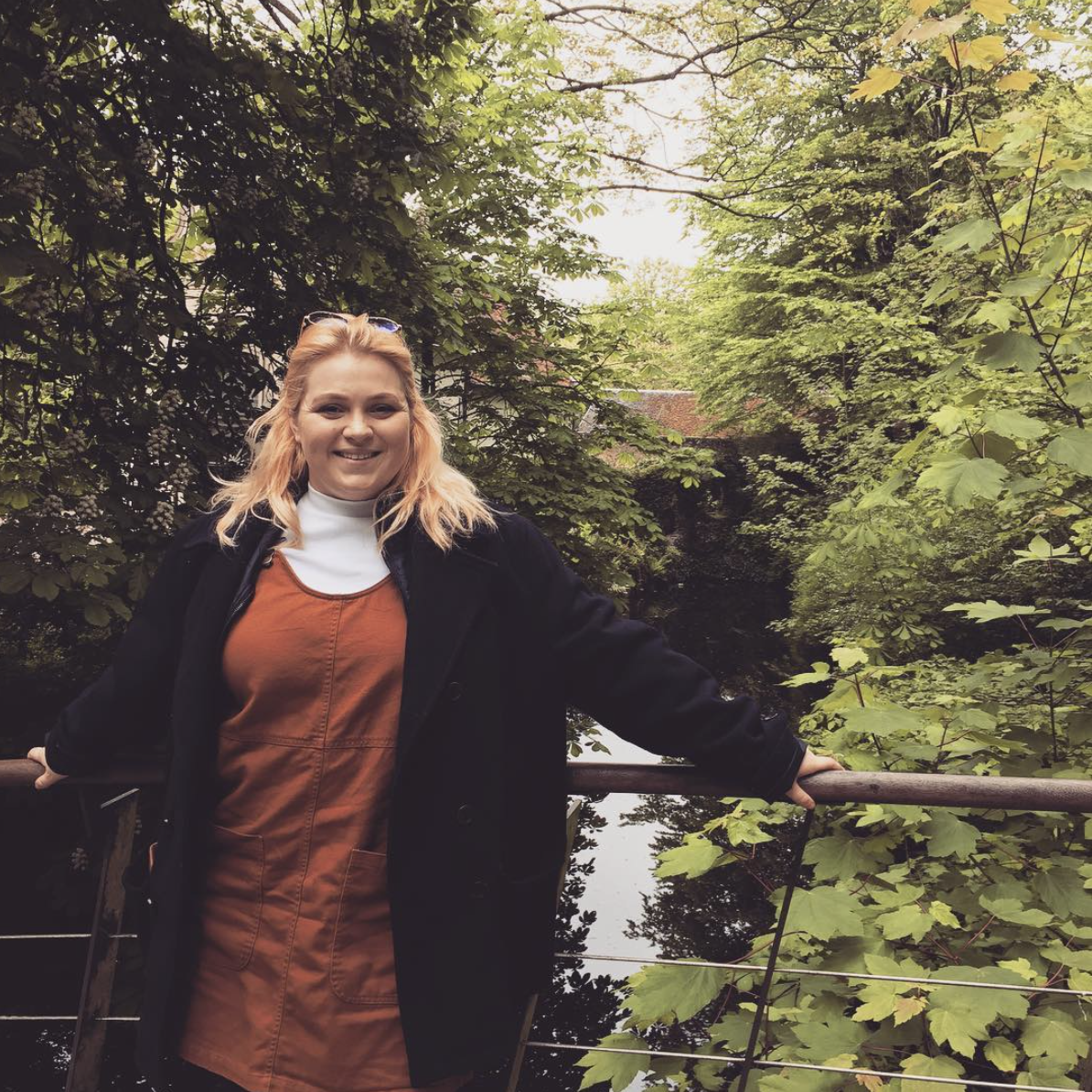The Vagaggle: Walking The Ethical Tightrope, Part Four
Welcome to the final frontier: Part Four of Walking the Ethical Tightrope.
How does shopping ethically intersect with being a feminist, being plus size and being poor?
Being a feminist: Part of the reason I decided to start shopping ethically is because of the conditions for women within the the clothing manufacturing industry. Not just the conditions they work in, but the conditions they live in and raise their families in. Young women, and young girls, often have to forego their chance to gain an education in order to work and earn money to support their families; unfortunately the pay is drastically below the minimum wage, making it almost impossible to break the cycle of poverty. Ethical companies often provide a way out for these women, allowing them access to things like healthcare, a chance for further training and advancement in their careers. The kind of things that most of us in first world countries take for granted. When I buy something ethically sourced or I buy something from a charity shop I do so with the hope that my contribution can help.
Being plus-size: So as I’ve mentioned before being plus-size and shopping ethically was not easy. Fuck it, being plus-size and shopping is hard enough and I am a small fatty so I haven’t even got it that hard. Plus-size fashion has gained a lot of momentum in the past few years and there are great strides being made, but for ethically-sourced clothes there are very few options. My hope is that going forward, ethical fashion labels will start to catch on that there is a huge cache of plus-size women who have experienced being marginalised and are more than willing to spend their money on helping other woman break out of being marginalised.
Being poor: The big one. When I was in my teens, I shopped in charity shops because it was trendy, when I was in my early twenties I shopped in charity shops out of necessity. I do not come from a financially privileged background, something I was always ashamed of in the past. It meant that when I started earning enough money to afford more than just rent, I started throwing money at fast fashion retailers, and throwing myself into the fast fashion cycle. This meant that when I transitioned into shopping ethically I figured I could easily afford it, after all I was dropping £50 at Primark each month. Turns out that the ethical market isn't as accessible for those not on a high pay grade as I had hoped. It’s the eternal paradox, those without the funds often have no choice but to purchase from fast fashion retailers, but to bring down the ethical retailers prices could compromise their ethical mission. But remember, withdrawing your support from fast fashion retailers doesn’t always have to be pricey; I graced the doors of my favourite charity shops again, I became a whizz at eBay and I saved up to buy just a few pricey items.
Shopping ethically is not for everyone; you might not have the time to trawl through countless charity shops, you might not have the money in the bank to drop £30 on a t-shirt or you might not be able to find your size at the moment. But there’s one thing I ask if you’re reading this: please try and think about where your clothes are coming from, think about the people manning the shop floor, the people transporting the goods, and those on the bottom of the rung making the garments. And even if it’s not the right time for you to be able to shop ethically then there’s always time to start a conversation.
Disclaimer: For the record, in no way do I judge anyone who doesn’t shop ethically, this is a personal choice that I am able to subscribe to because of the privileges in my life, and I fully understand that not everyone has the luxury to join me.








